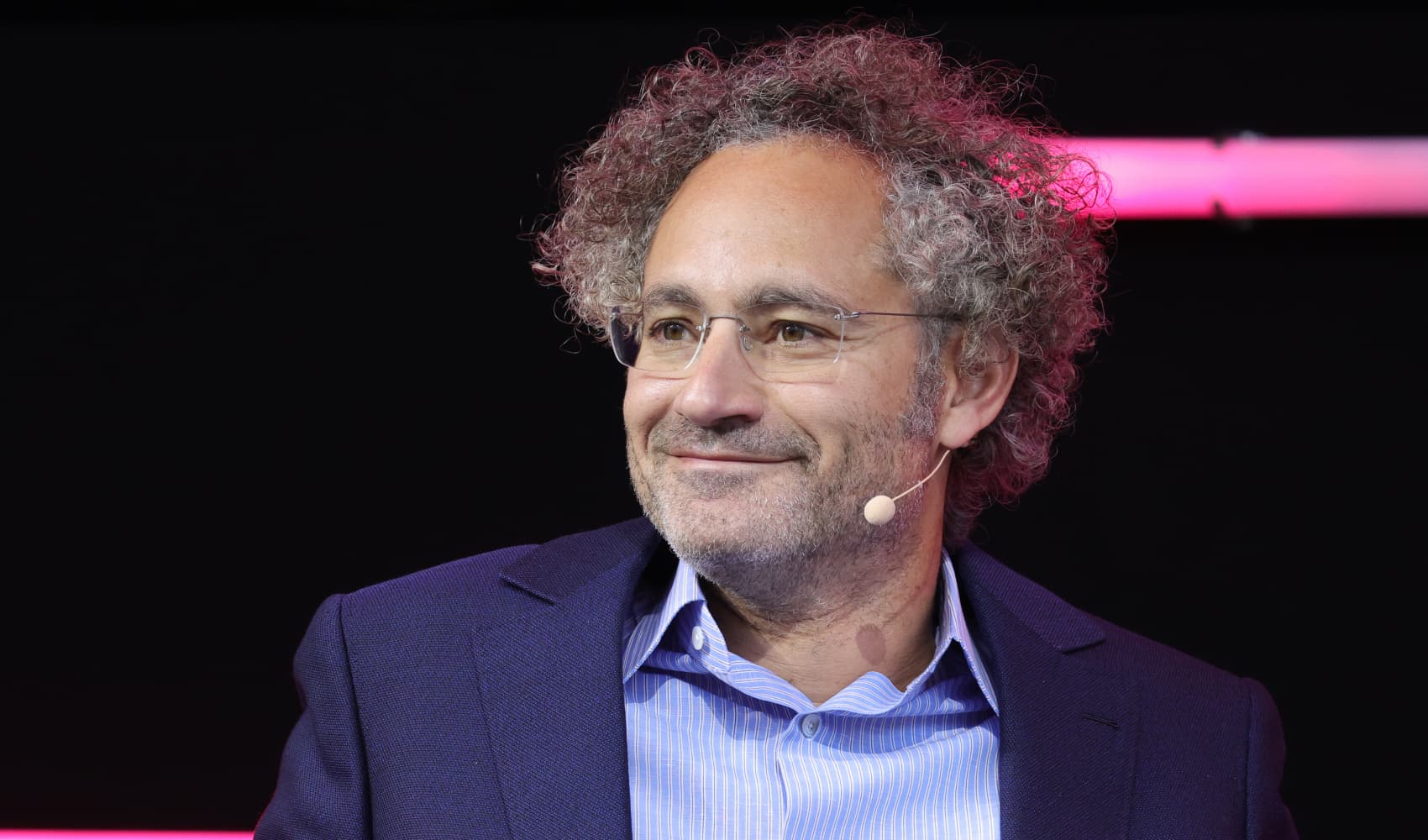
- When asked, "Are you better off today than you were four years ago?" the answer for many older voters ages 50 and over was "no," according to a new AARP poll.
- More than half of voters ages 50 and up prioritized personal economic issues, including inflation, the economy and jobs, and Social Security when determining their vote.
When asked, "Are you better off today than you were four years ago?" the answer for many older voters ages 50 and over was "no," according to a new postelection poll released by AARP.
Almost half — 47% — of voters ages 50 and over said they are "worse off now," the research found, while more than half — 55% — of swing voters in that age cohort said the same.
In competitive congressional districts, President-elect Donald Trump won the 50 and over vote by 2 percentage points — the same margin by which he carried the country, AARP found.
Get top local stories in San Diego delivered to you every morning. Sign up for NBC San Diego's News Headlines newsletter.
Among voters 50 to 64, Trump won by 7 points. With voters ages 65 and over, Vice President Kamala Harris won by 2 points.
More from Personal Finance:
What Trump's presidency could mean for the housing market
Trump's win may put popular student loan forgiveness program at risk
What the Fed's latest interest rate cut means for your money
AARP commissioned Fabrizio Ward and Impact Research, a bipartisan team of Republican and Democrat firms providing public opinion research and consulting, to conduct the survey. Interviews were conducted with 2,348 "likely voters" in targeted congressional districts following Election Day between Nov. 6 and 10.
Money Report
Older voters, who make up an outsized share of the vote and tend to lean Republican, made a difference in a lot of key congressional races, according to Bob Ward, a Republican pollster and partner at Fabrizio Ward.
"Overall, 50-plus voters really are what delivered Republicans their majority," Ward said.
Older swing voters focused on pocketbook issues
When asked "How worried are you about your personal financial situation?" in a June AARP survey, 62% of voters ages 50 and over checked the worry box, while 63% of voters overall did the same.
Voters continued to place an emphasis on their money concerns on Election Day, the latest AARP poll found.
"All these surveys that we conducted for AARP spoke to a lack of economic security for people," said Jeff Liszt, partner at Impact Research.
"The shock of inflation had left them without a feeling of security," he said.
For voters ages 50 and over, food ranked as the top cost concern, with 39%, the poll found. That was followed by health care and prescription drugs, with 20%; housing, 14%; gasoline, 10%; and electricity, 6%.
More than half — 55% — of voters ages 50 and up said they prioritized personal economic issues, including inflation, the economy and jobs, and Social Security when determining their vote.
Older swing voters were more likely to turn out at the polls due to those pocketbook issues than any other priorities, the poll found.
Republicans won older voters on most personal economic issues, though voters ages 50 and up still favored Democrats on Social Security by 2 points.
Democrats have traditionally had a stronger lead on Social Security, Ward said, while the poll results show it is now "completely up for grabs."
"Looking at the midterms, whether I'm Republican or Democrat … this is going to be an issue I want to win on," Ward said.
Voters 50 and over broadly support Medicare negotiating prescription drug prices, as well as policies to help the older population age at home. Nonfinancial issues such as immigration and border security and threats to democracy were also among top concerns for some older voters.
Social Security reform may be bigger focus
While both presidential candidates promised to protect Social Security on the campaign trail, they did not provide plans to restore the program's solvency.
The trust fund Social Security relies on to pay benefits is projected to run dry in 2033, at which point 79% of those benefits will be payable.
"What's absolutely clear is that there's an action-forcing event that we're getting closer to, and that at some point Congress is going to have to act," said Nancy Altman, president of Social Security Works, an advocacy group focused on expanding the program.
While Trump has touted plans to eliminate taxes on Social Security benefits, research has found that would worsen the program's insolvency. The House voted this week to eliminate rules that reduce Social Security benefits for certain people who have pension income, which would also add to the program's costs.
For most Americans, Social Security is the primary source of retirement income, according to AARP. About 42% of people ages 65 and over rely on the program for at least 50% of their incomes; about 20% rely on it for at least 90% of their incomes.
Like Social Security, Medicare also faces a looming trust fund depletion for the Part A program that covers hospital insurance.
"We want to ensure that we're protecting Medicare, Social Security and that it's done in a fiscally responsible way," AARP CEO Dr. Myechia Minter-Jordan told CNBC in a recent interview.






